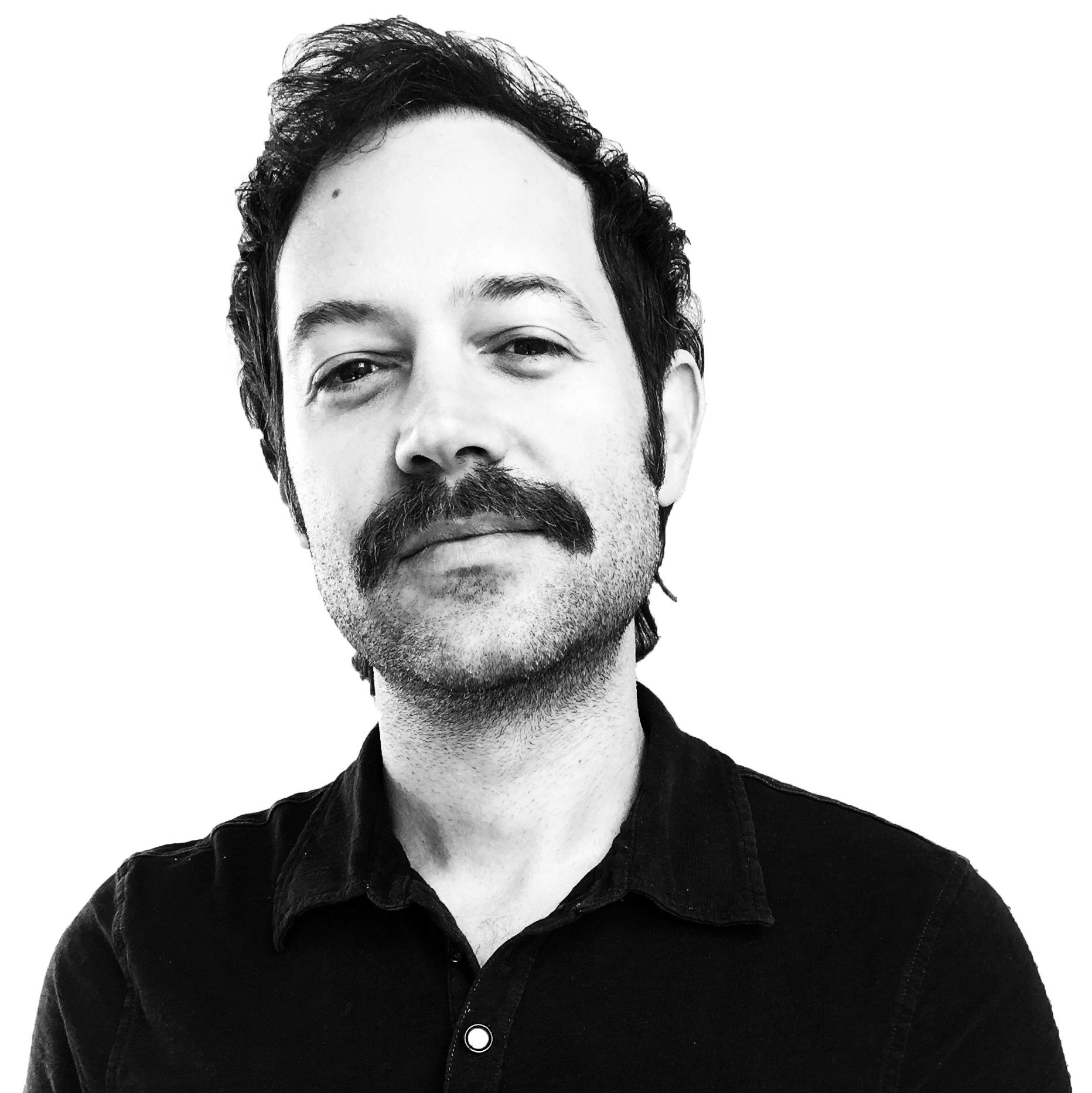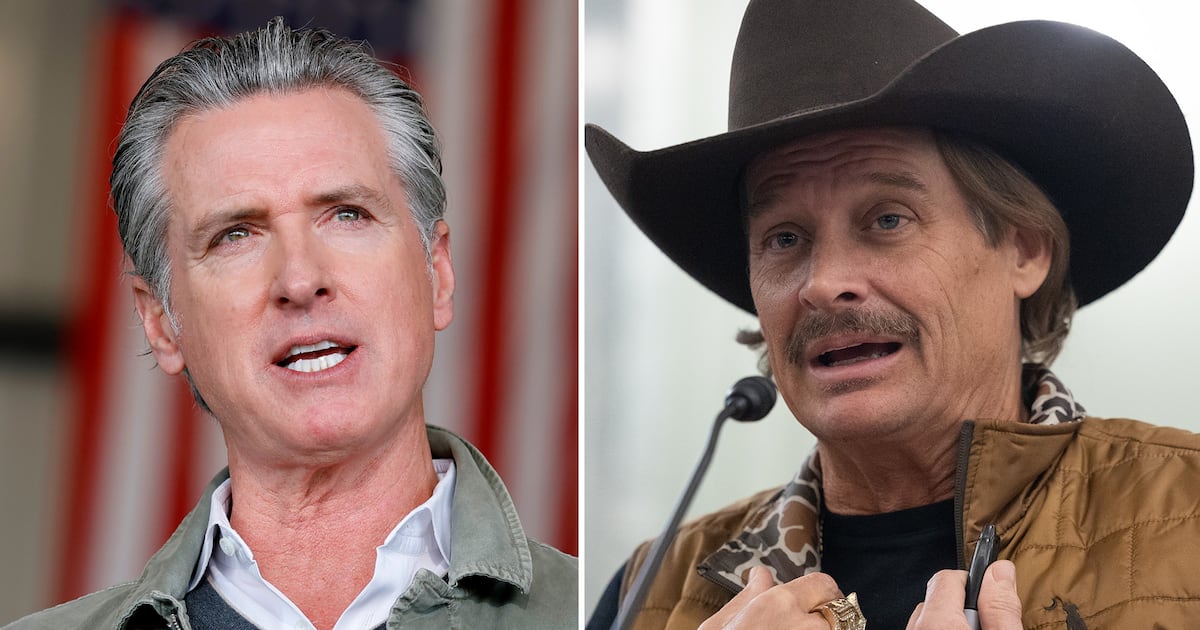By far the most frustrating thing about Barack Obama’s presidency, whatever your ideology, is its politics of contradiction. This is an administration as comfortable engineering an informal amnesty as it is deporting unlawful immigrants in record numbers—an administration as stubborn in trying to end our Bush-era wars as it is stubborn in expanding America’s military footprint.
But for all the executive two-facedness, the president’s most egregious hypocrisy has afflicted his approach to illegal drugs. Nowhere are the costs and shortcomings of his allegedly pragmatic approach more on display than in the confused, conflicted world of marijuana law.
Just two weeks after signing legislation that leaves states to pursue their own rules on medical pot, Obama’s Department of Justice has filed a strenuous defense of the drug’s Schedule I classification—the same category reserved for heroin. According to the Justice Department, “this psychoactive, addictive drug is not accepted as safe for medical use at this time, even with medical supervision,” in the words of Assistant U.S. Attorney Gregory Broderick of the Eastern District of California.
The president’s critics, accustomed to bemoaning his abuse of executive power, are now confronted with an act of sheer foolishness.
It is bad enough that pot’s Schedule I classification is an enshrinement of ridiculous, bogus prejudices, twisted further by a legal history wherein 19th-century defense attorneys eyed marijuana intoxication as a rough-and-ready insanity defense.
Worse, the preservation of pot’s Schedule I status fiercely undermines whatever’s left of the rule of law when it comes to weed. However proper it may be to allow the states some leeway as laboratories of drug democracy, the chaotic regimes arising in jurisdictions with semi- and quasi-legalized marijuana are made malevolent by the maintenance of federal laws that directly oppose permissive reforms. It is now clear in Colorado, for instance, that medical and black-market pot has the upper hand over the legitimate marijuana business. Doubling down on Schedule I is, at best, a deranged way to push Americans away from “medical,” and toward recreational, use.
Alas, it is par for the course for the president, whose public comments on drugs—especially given his well-known personal pot history—have consistently failed to compute with his own policies. As Jacob Sullum recounts at Forbes, Obama has dubbed the war on drugs “an utter failure,” yet laughed out loud at the notion of legalizing marijuana; he has informed Jake Tapper that “[w]hat is and isn’t a Schedule I narcotic is a job for Congress. It’s not something by ourselves that we start changing.” That’s rich coming from the guy who made virtually identical remarks about immigration law, only to leap over Congress when the political fancy struck.
It’s even more puzzling considering that Eric Holder himself, in one of his final public pronouncements before announcing his intention to resign as attorney general, opined that the wisdom of reclassification was “certainly a question that we need to ask ourselves.” Yet not even Holder avowed, as Sullum indicates, that the executive branch really does possess the authority to move the regulatory needle away from Schedule I.
And so the same creeping rot of the rule of law that the administration has inflicted on immigration now bedevils our drug laws. This isn’t an abstract issue relevant only to constitutional obsessives. It’s a basic principle of ordered liberty that arises from even deeper foundations than our founding document. When the laws are in such discord and conflict as our drug laws are now, the enforcement of the law becomes of necessity an exercise in executive whim—compounding the capriciousness of arbitrary, selective application that Obama has made so conspicuous in his approach to governance.
At a time when the legitimacy and uniformity of government coercion has come into deep question among urban blacks in addition to suburban whites, the president needs to realize that in dithering on marijuana law he is playing with fire. His haphazard and contradictory mismanagement of America’s shift toward pot reform lends dangerous credence to the growing sense that our government no longer cares to guarantee our equal protection under the law.
Perhaps most puzzling of all, Obama’s evident willingness to use policy as a political weapon has failed to spur him out ahead of congressional Republicans. Obama could announce his intention to reclassify pot. He could deliver a quick, effective speech, or hold a proper press conference. He could order the Justice Department to begin the necessary regulatory work. Or (horrors) he could reach out to congressional leaders in both parties to pursue bipartisan legislation. But he hasn’t. And it doesn't seem he will.
Especially given Sen. Rand Paul’s degree of power, the president has given the GOP the rare, momentous opportunity to score a coup in the presidential preseason by rescheduling marijuana. “Even conservatives,” as enterprising Republicans could reasonably explain, “understand that marijuana use ought to be punished more leniently than heroin use, even if it ought to remain illegal. It’s more than smart politics. It’s common sense.”
What a presidential legacy that would be.





